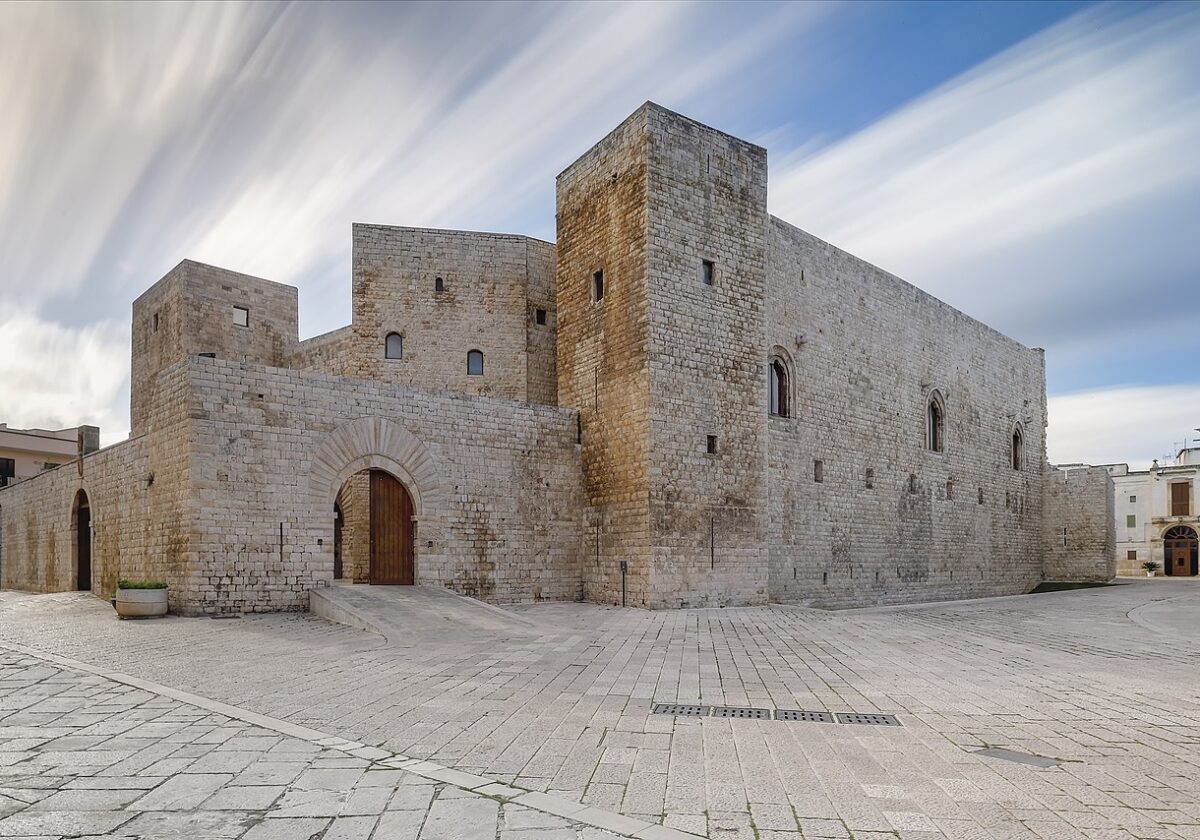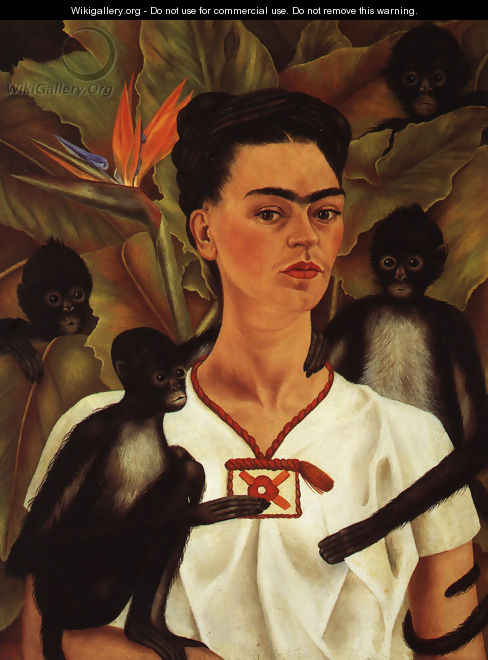 Book News: Nada: A Novel (Modern Library)
Book News: Nada: A Novel (Modern Library)
* By Jonathan Yardley Via Washinton Post
NADA, A Novel
By Carmen Laforet
Translated from the Spanish by Edith Grossman
This remarkable novel has a long history in Europe, Spain most particularly, but a very limited one here in the United States. A British translation from the Spanish was done almost half a century ago, and a little-known academic publisher issued one a decade and a half ago, but copies of both are limited and fairly hard to come by. So this new translation by the redoubtable Edith Grossman is especially welcome, as it makes available to readers here a coming-of-age novel that is far more mature and stylistically accomplished than the most famous American example of the genre, J.D. Salinger’s vastly overrated The Catcher in the Rye.
Carmen Laforet was in her early 20s when she wrote Nada and 23 when it was published in her native Spain and became the first recipient of that country’s celebrated Nadal Prize. Its frank, unsparing depiction of Barcelona in the aftermath of Spain’s destructive 1936-39 Civil War caused a sensation, and its spare literary style — impeccably rendered by Grossman — had considerable influence on subsequent Spanish and European literature. “It has never been out of print,” the Guardian reported when Laforet died three years ago, “and, even today, sells several thousand copies a year.”
Like virtually all coming-of-age fiction, Nada is heavily though not literally autobiographical. Laforet was born in Barcelona in 1921. Her mother died when she was 12, and her father eventually married a woman with whom she did not get along. At 18, she left the Canary Islands (where her family had moved when she was 2) and attended university in Barcelona, living with relatives. On the evidence of Nada, this cannot have been a happy experience, as the household depicted therein is a nightmare of rivalry, hatred, sexual innuendo and violence — a microcosmic mirror of Spain itself at one of the most tormented moments in its history.
Eighteen-year-old Andrea comes to Barcelona from the countryside full of hope: for “life in its plenitude, joy, deep interests, love.”
Though there are suggestions at the novel’s end that in time all of these will be granted to her, they hardly are what she finds in the apartment on Calle de Aribau. Its inhabitants are her maternal grandmother, two uncles, two aunts, an infant nephew, a maid, a dog and a cat. The heat is “suffocating, as if the air were stagnant and rotting.” She feels “horribly dirty” and rushes to take a cold shower in a bathroom that vividly establishes the ambiance of the apartment:
“That bathroom seemed like a witches’ house. The stained walls had traces of hook-shaped hands, of screams of despair. Everywhere the scaling walls opened their toothless mouths, oozing dampness. Over the mirror, because it didn’t fit anywhere else, they’d hung a macabre still life of pale bream and onions against a black background. Madness smiled from the bent faucets.”
Looking out the window, she sees three stars “trembling in the soft blackness overhead.” Their twinkling “brought back in a rush all my hopes regarding Barcelona until the moment I’d entered this atmosphere of perverse people and furniture. I was afraid to get into the bed that resembled a coffin. I think I was trembling with indefinable terrors when I put out the candle.” She has little self-confidence — “I felt vaguely inferior, a little insipid” — and experience has rendered her fatalistic: “I thought that any joy in my life had to be paid for with something unpleasant.” She is “bitter and intransigent, like youth itself.” In other words, she is in poor shape to weather the tensions and animosities of her mother’s family’s house.
Her grandmother, “granny,” is sweet and self-sacrificial but ineffectual and dotty. Aunt Angustias “not only saw herself as strong and capable of leading multitudes, but also as sweet, unfortunate, and persecuted,” when in fact she is controlling, authoritarian and arbitrary. Uncle Juan repeatedly beats his pretty young wife, Aunt Gloria, who does what she can to bring money into the cash-strapped household. As for Uncle Román, he is a piece of work, “more original and artistic than most,” a gifted musician, but manipulative, disloyal, lazy, irrational and sexually predatory. Andrea is drawn to him, as many women are, but she fears and distrusts him.
Such pleasure as she finds is given to her at the university, where she becomes intimate friends with a classmate named Ena, wealthy and beautiful and magnetic, and falls in with a group of amiable bohemians. She tries desperately not to “mix those two worlds that were beginning to stand out so clearly in my life: my student friendships, with their easy cordiality, and my dirty, unwelcoming house.” She is alternately depressed and exhilarated by Barcelona, which in those post-Civil War days was rarely the sun-drenched Mediterranean paradise that it is today. “In the heat of summer, [it] has a beauty that’s oppressive and a little sad,” but there is also a pervasive sensuousness that awakens passions hidden inside her:
“I remember the first autumn nights and how they intensified my first moments of disquiet in the house. And the winter nights, with their damp melancholy: the creak of a chair interrupting my sleep and the shudder of my nerves when I discovered two small shining eyes — the cat’s eyes — fixed on mine. In those icy hours there were certain moments when life broke with all sense of modesty before my eyes and appeared naked, shouting sad intimacies, which for me were only horrifying. Intimacies that the morning took care to erase, as if they’d never even existed. . . . Later came the summer nights. Sweet, dense Mediterranean nights over Barcelona, with golden juice flowing from the moon, with the damp odor of sea nymphs combing their watery hair over white shoulders, over the scales of golden tails. . . .
On one of those hot nights, hunger, sadness, and the power of my youth brought me to a swoon of feeling, a physical need for tenderness as avid and dusty as scorched earth with a presentiment of the storm.”
Andrea is a teenager in the throes of sexual awakening, which in her case is complicated by the sexual tensions everywhere around her: between Juan and Gloria, between boys and girls she meets on campus, between Román and just about everyone who crosses his path. In recent years, it has become fashionable in some academic quarters to detect lesbian as well as heterosexual awakening in Andrea, but this has far more to do with scholarly trendiness than with what actually happens to Andrea. Her confusion is not about her own sexual preference but about how to find love, tenderness and reciprocated passion in a house and a society that are, as Mario Vargas Llosa puts it in his brief but pointed introduction to this new edition, “brutalized by lack of freedom, censorship, prejudices, hypocrisy, and isolation.”
Nada– again to quote Vargas Llosa, “the unsurpassable title says everything about the novel and the city where it takes place” — is a grim book, but it is far from humorless, and it declines to pass simplistic judgment on any of its characters. Though at first Andrea is horrified by the people she finds in her grandmother’s apartment — and by the apartment itself — she comes to understand their frailties and occasional redeeming aspects as they reveal themselves to her more completely. In the end, she certainly is glad to be rid of them, though her farewells are not without fondness, but she seems to understand that she has been through a shaping experience that may ultimately be better for her than she now can appreciate.
That this complex, mature and wise novel was written by someone in her early 20s is extraordinary. The success it enjoyed seems to have weighed rather heavily on Laforet, whose subsequent five novels generally are regarded as less accomplished. But after six decades, this first novel has lost none of its power and originality, and we are fortunate to have it in this fine translation. ·






Cliqueando sobre “Plagio del argentino…”puede leerse el reportaje del descubridor y denunciante del plagio literario de Sergio Di Nucci a “Nada” deCarman Laforet,convertiéndolo en “Bolivia Construcciones”.